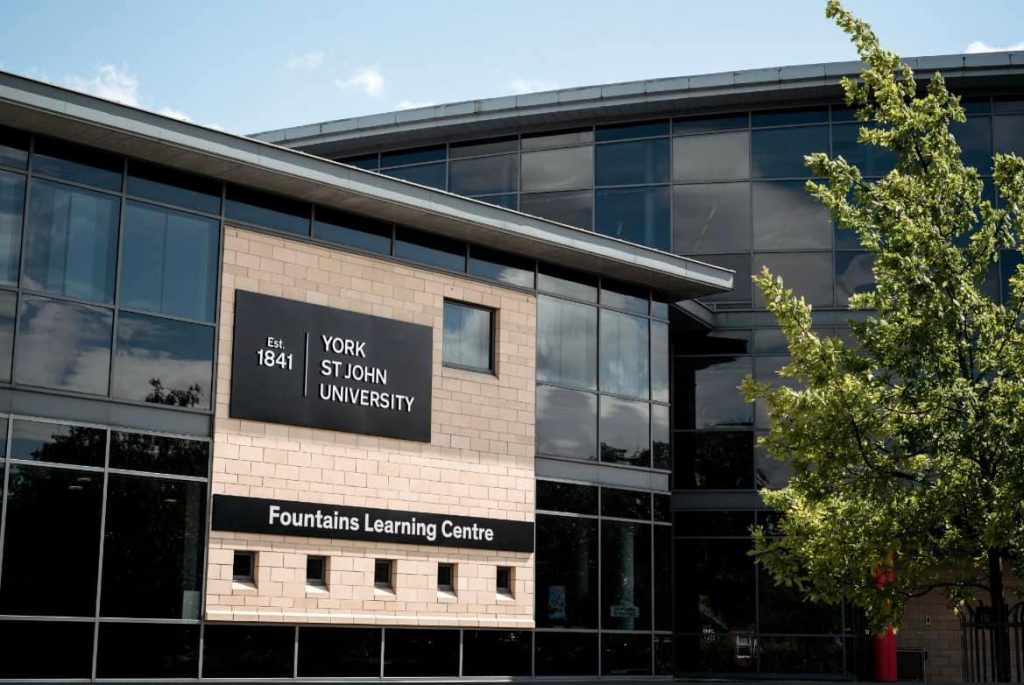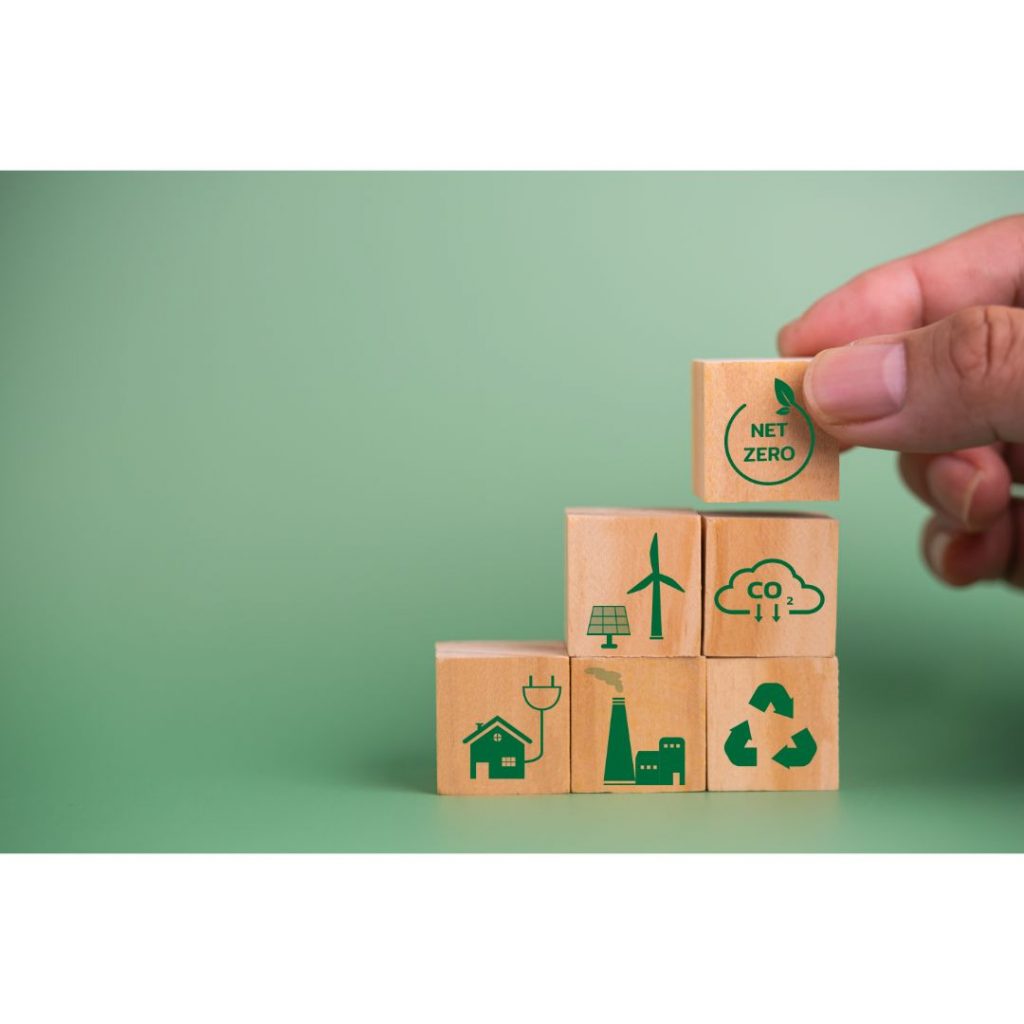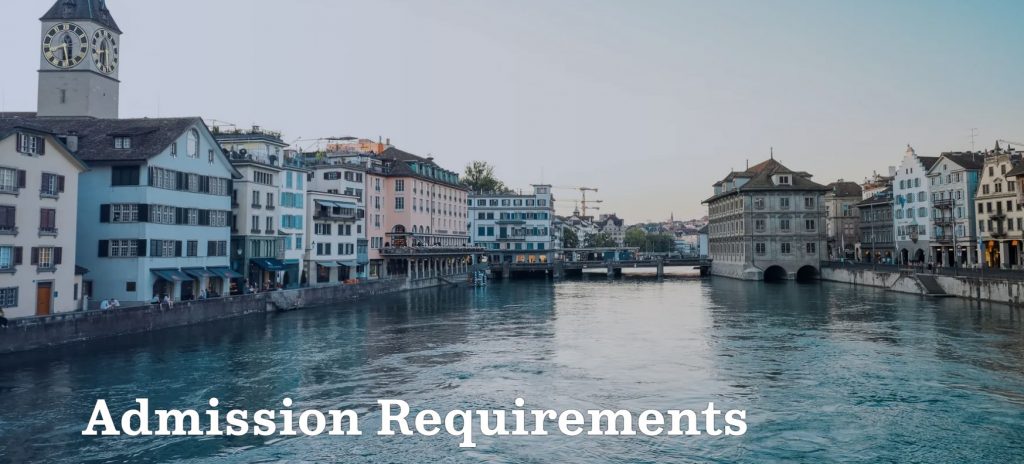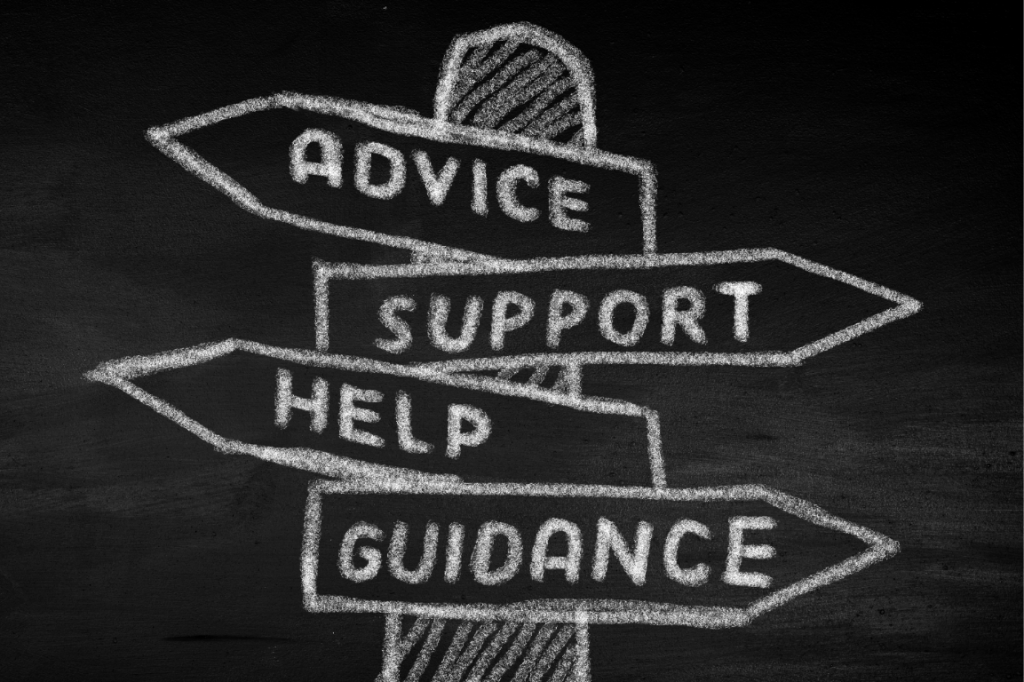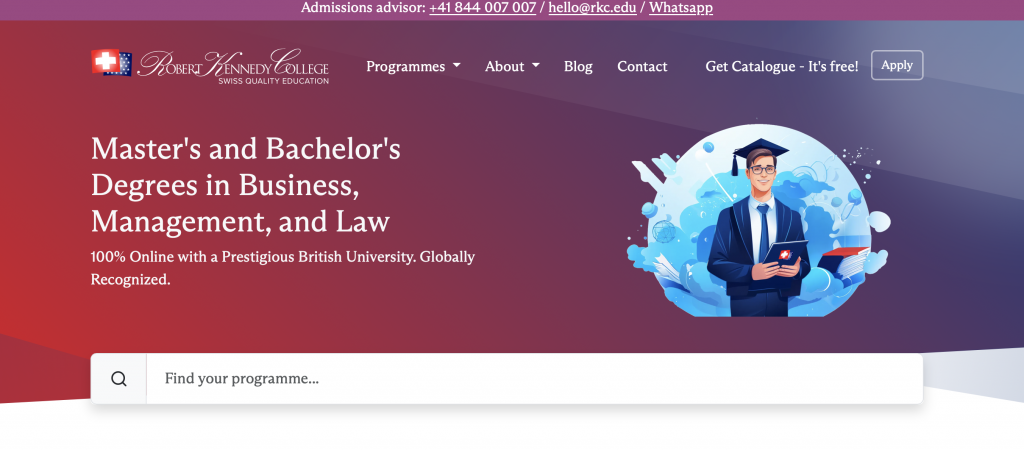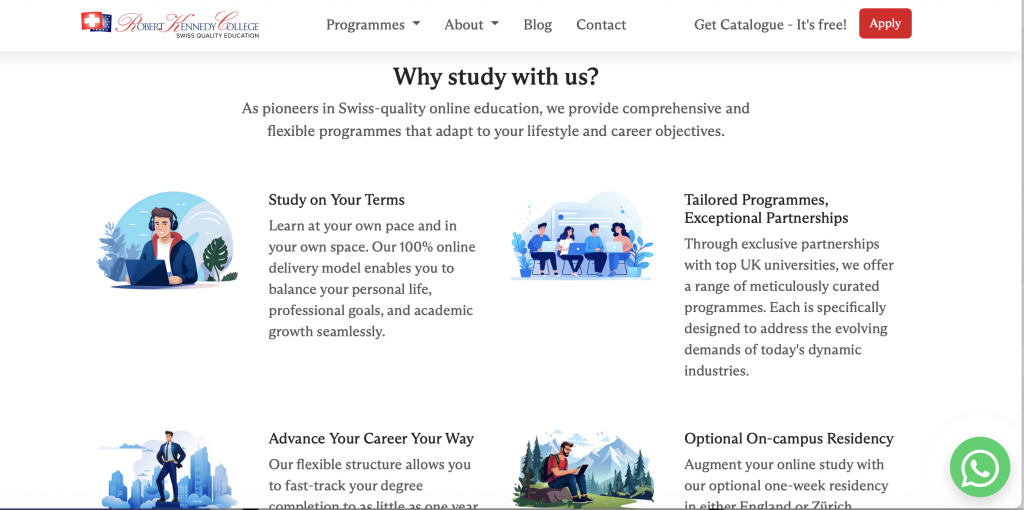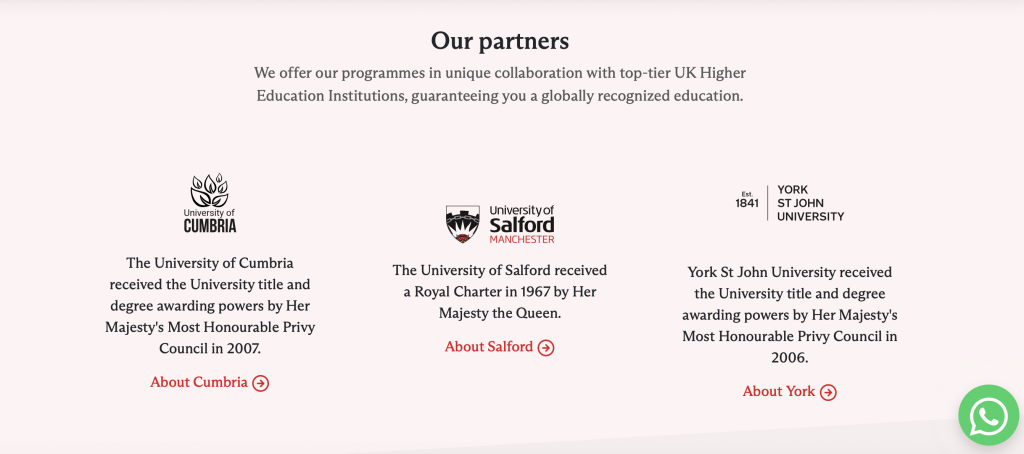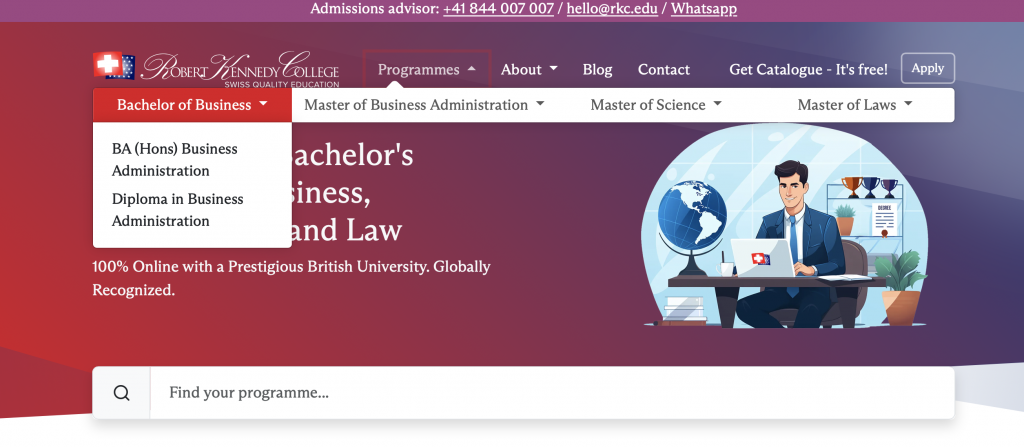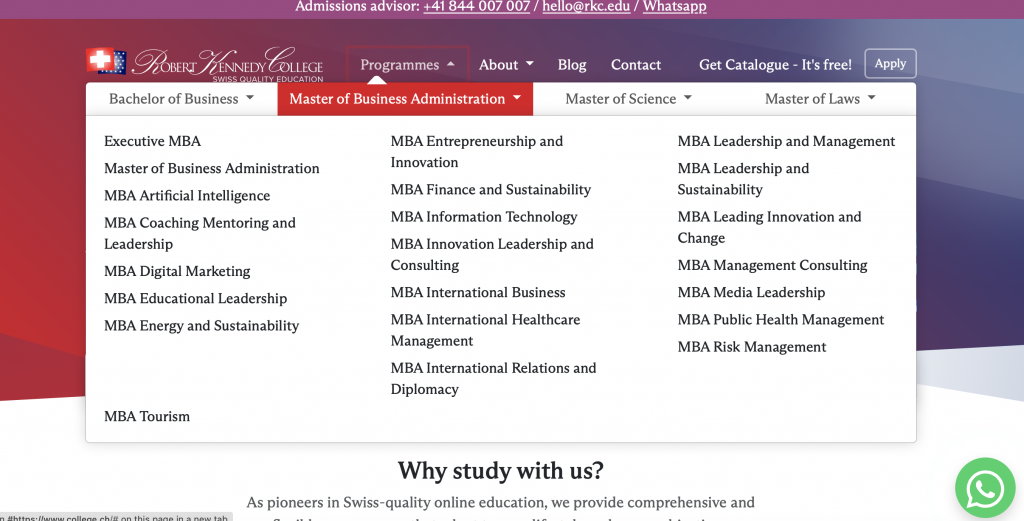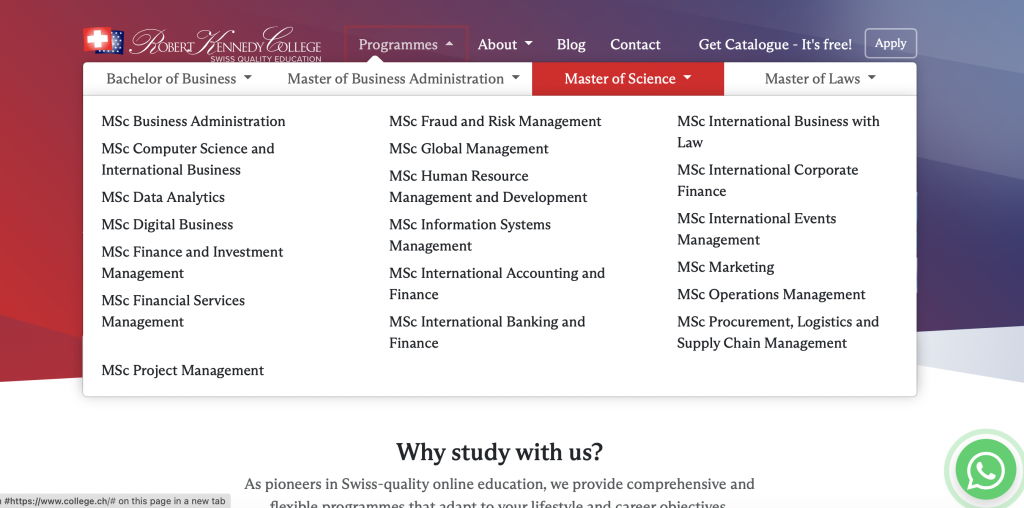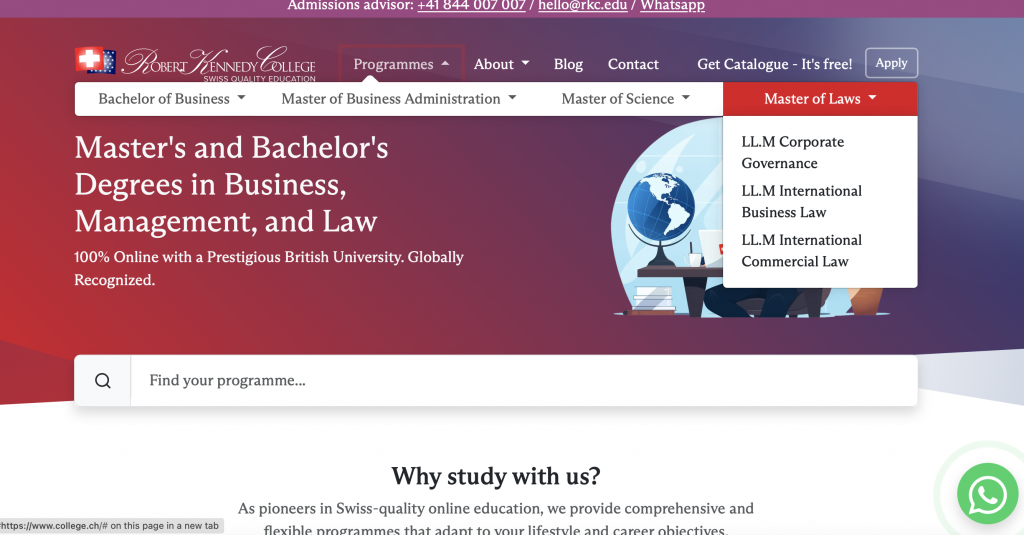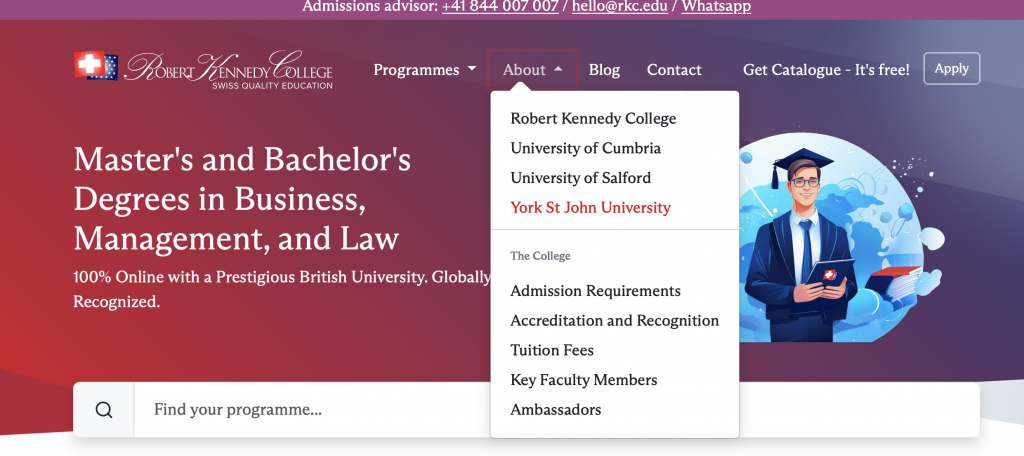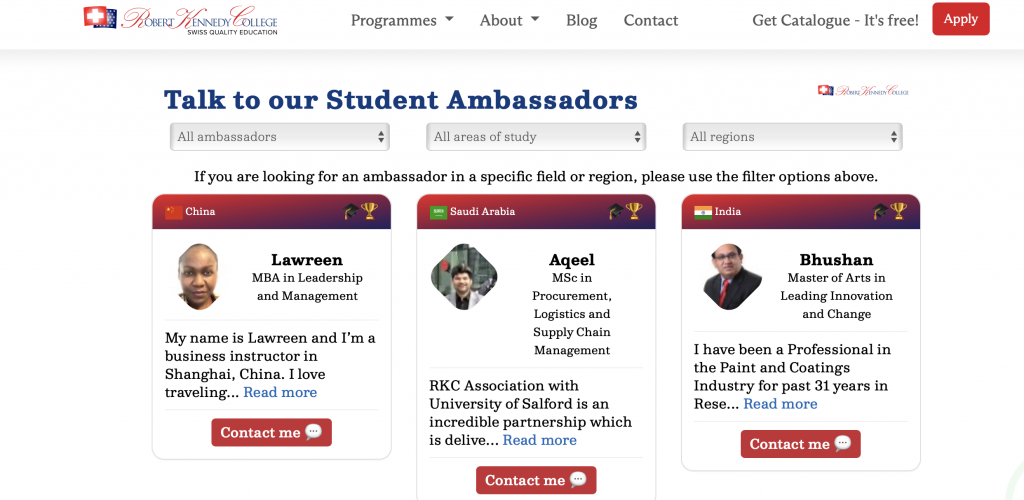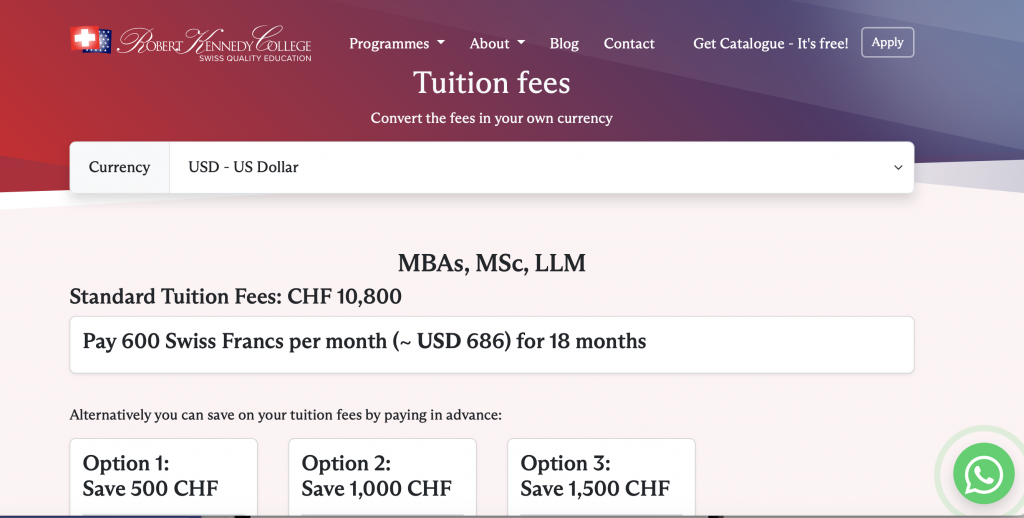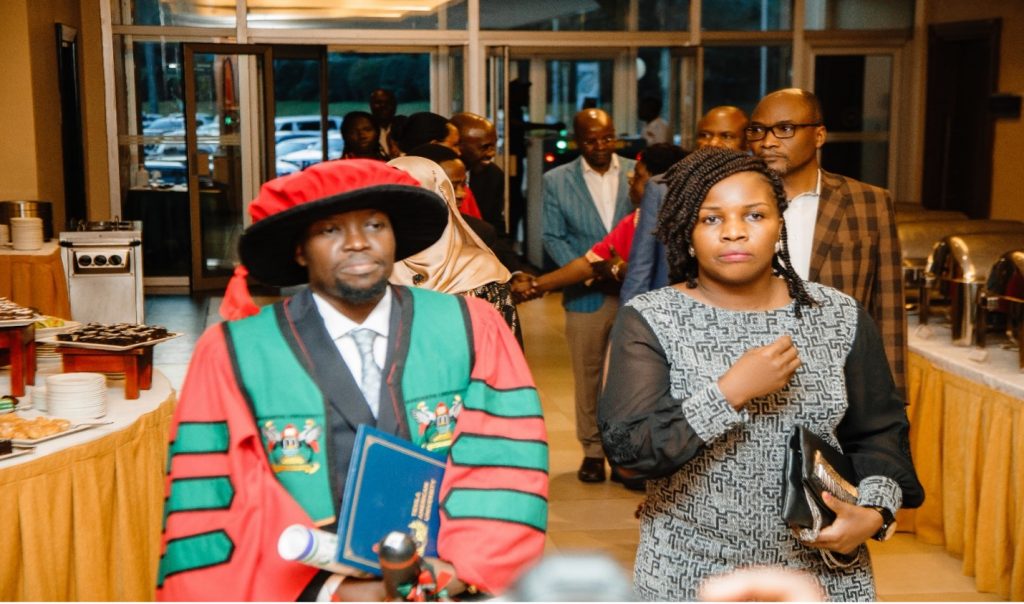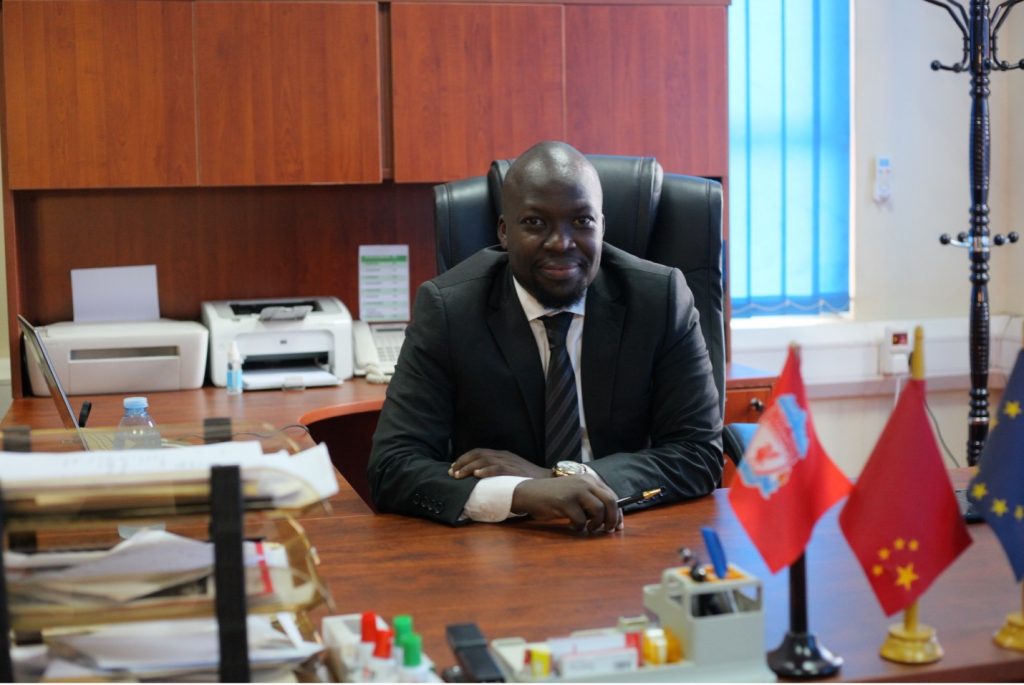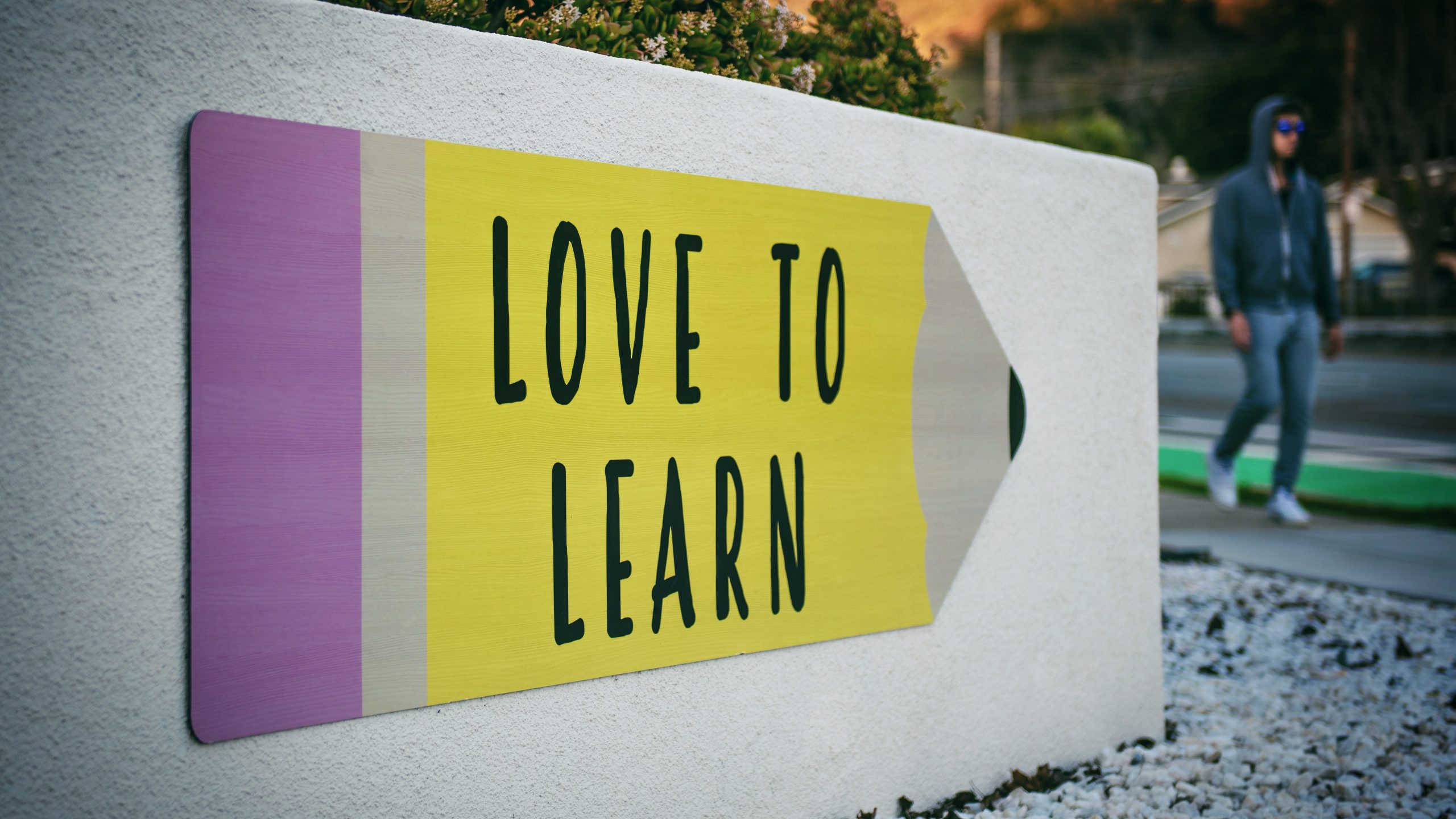
The arrival of 2026 marks a powerful new beginning for students ready to invest in their future. A new year brings fresh goals, renewed motivation, and the courage to take important academic decisions. At Robert Kennedy College (RKC), 2026 is not just another year—it is an opportunity to start strong, dream bigger, and move confidently toward success.
Whether you are an undergraduate student, a postgraduate aspirant, or someone planning to begin a master’s degree, 2026 is the perfect time to reset your goals and make meaningful progress. This guide highlights how students can make the most of the new year and why Robert Kennedy College is the ideal partner in that journey.
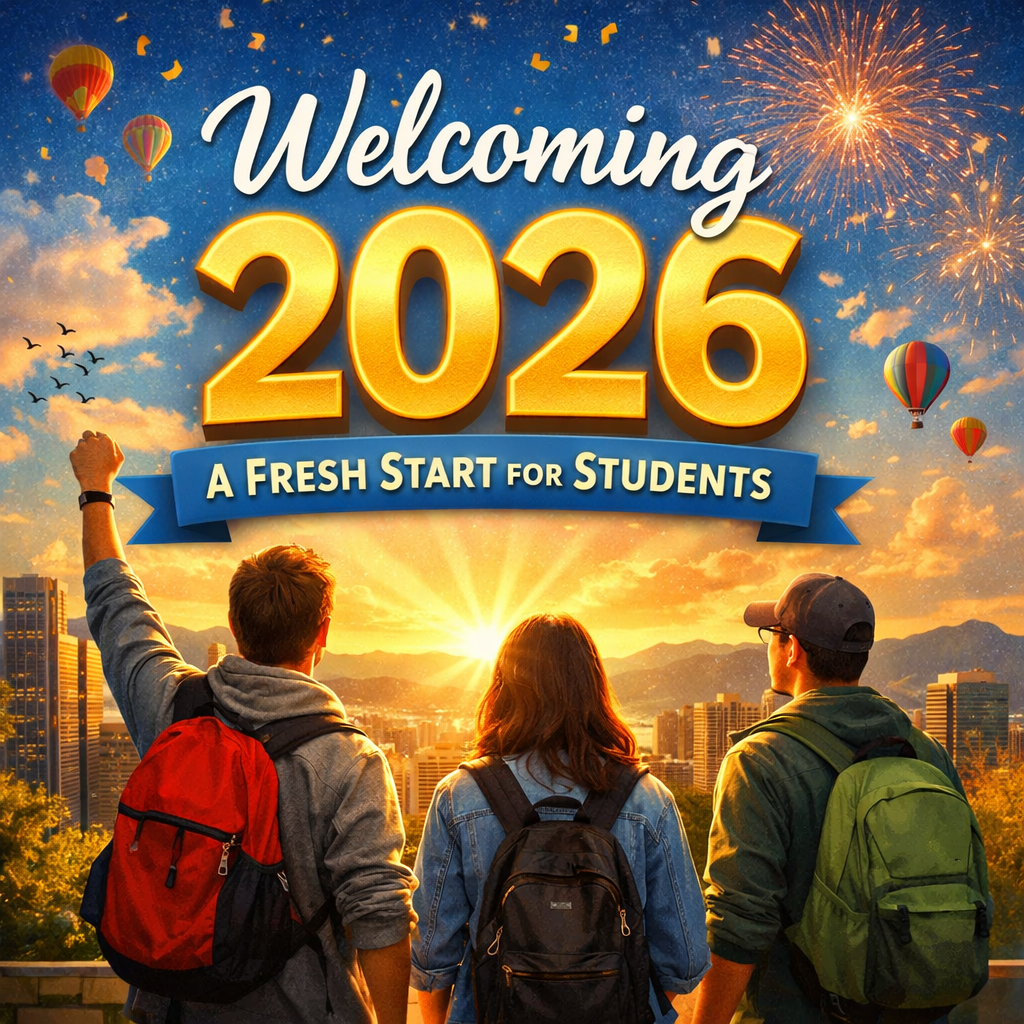
The beginning of a new year offers a chance to reflect on past achievements and challenges while setting realistic and motivating goals for the future. For students, this could mean:
- Improving academic performance
- Developing new skills
- Exploring career opportunities
- Building confidence and independence
At RKC, students are encouraged to see 2026 as a year of transformation—where learning goes beyond textbooks and prepares them for real-world challenges
Setting the Right Academic Goals
Success starts with clear goals. As you step into 2026, it is important to ask yourself:
- What do I want to achieve academically this year?
- Which skills do I want to strengthen?
- How can my education align with my career ambitions?
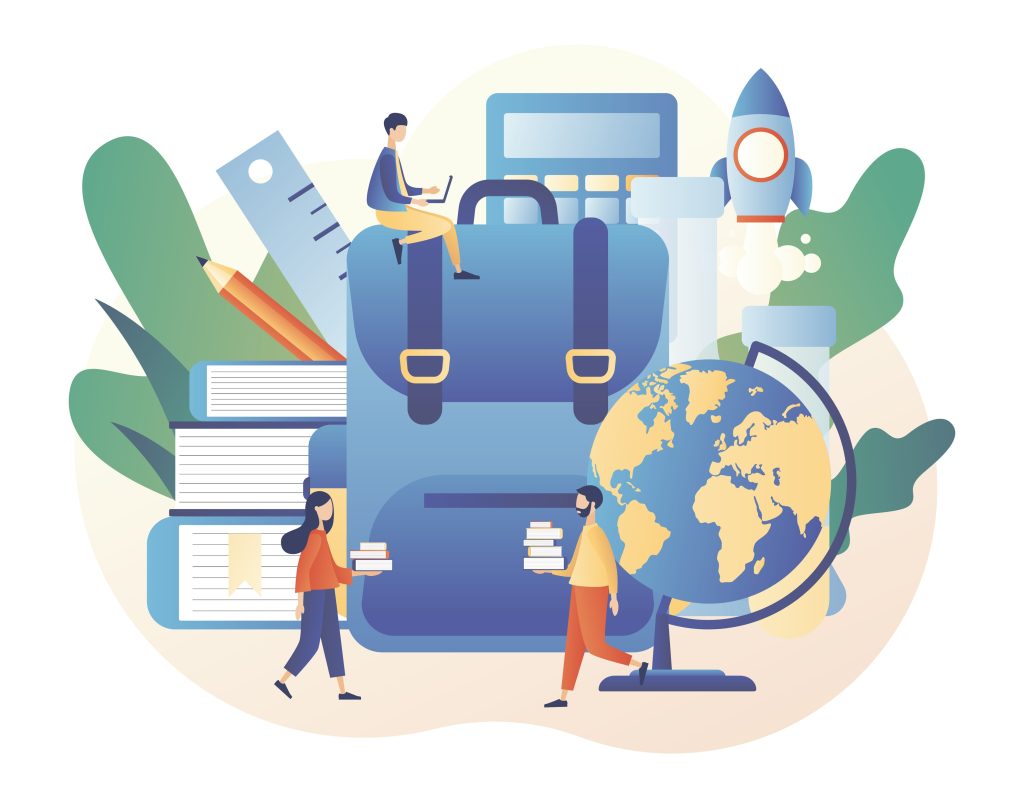
Robert Kennedy College provides a structured academic environment, experienced faculty, and student-focused teaching methods that help learners stay on track. Regular assessments, mentorship, and academic guidance ensure that students remain motivated and confident throughout the year.
Building Skills for the Future
In today’s competitive world, academic knowledge alone is not enough. Employers look for graduates who possess communication skills, critical thinking abilities, leadership qualities, and adaptability.
Robert Kennedy College emphasizes holistic development by offering:
- Skill-based learning programs
- Workshops
- Group projects and presentations
- Exposure to practical and industry-relevant knowledge
By actively participating in these opportunities, students can enter 2026 equipped with skills that make them stand out.
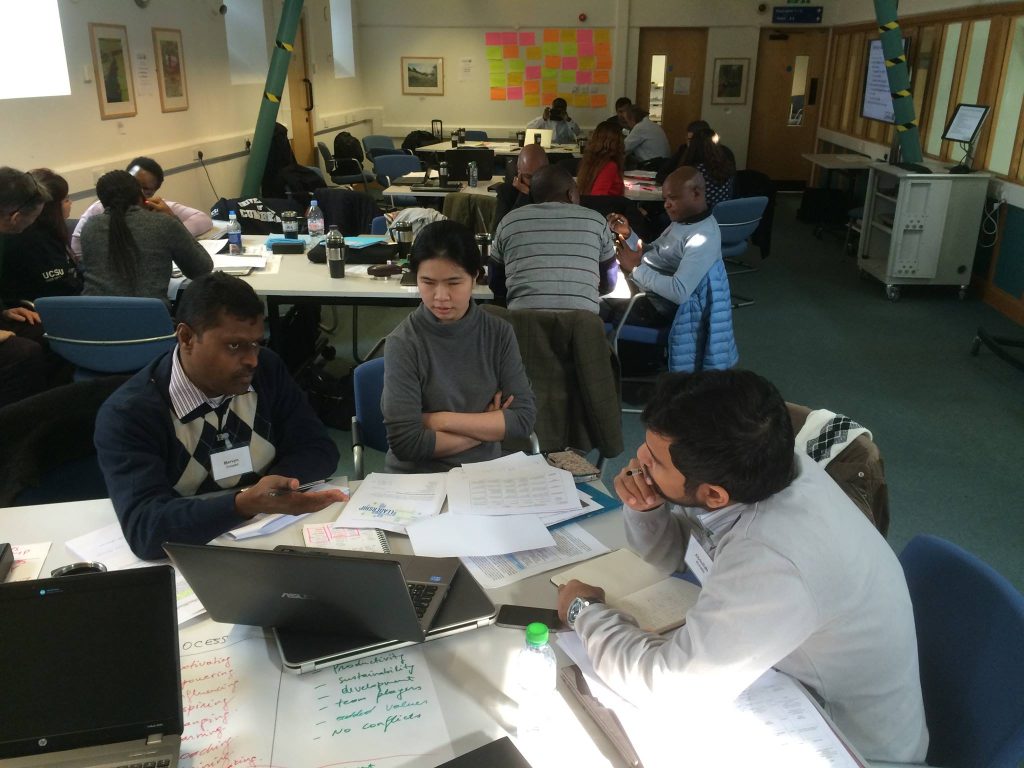
Why 2026 Is a Great Time to Focus on Higher Education
The demand for specialized knowledge and advanced qualifications continues to grow. Choosing to pursue higher education, especially a master’s degree, can open doors to better career opportunities, higher earning potential, and professional recognition.
Starting or continuing your academic journey in 2026 allows you to:
- Stay competitive in a rapidly evolving job market
- Gain in-depth subject expertise
- Build a strong academic and professional profile
RKC supports students at every stage, helping them make informed decisions about their educational paths.
A Supportive Learning Environment at Robert Kennedy College
Confidence grows when students feel supported. RKC is committed to creating a positive and inclusive campus environment where students can thrive academically and personally.
Key aspects of student support include:
- Accessible and supportive faculty
- Academic Counselling by education advisors to choose right programme
- Encouragement of student participation and innovation
- A culture that values discipline, integrity, and excellence
Such an environment helps students face challenges with confidence and determination.
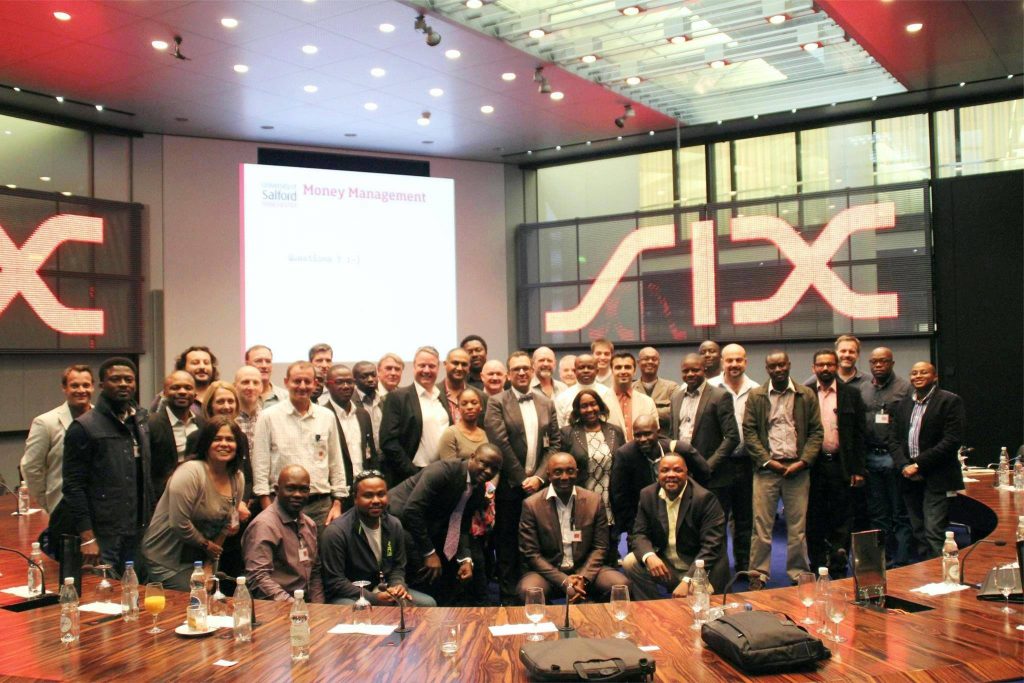
Balancing Academics, Personal Growth, and Well-being
Success is not only about grades; it is also about maintaining balance. As students step into 2026, focusing on mental well-being, time management, and personal growth is essential.
Robert Kennedy College encourages students to:
- Maintain a healthy study-life balance
- Participate in co-curricular and extracurricular activities
- Develop self-discipline and resilience
These habits help students stay motivated, reduce stress, and enjoy their educational journey
Turning Resolutions into Results
Many students make resolutions at the start of the year, but consistency is the key to success. Simple steps such as regular attendance, active participation, effective time management, and continuous self-improvement can lead to remarkable results.
At RKC, students are guided to turn their resolutions into achievable milestones, ensuring steady progress throughout 2026.
Looking Ahead with Confidence
As 2026 unfolds, students at Robert Kennedy College students have every reason to feel optimistic. With quality education, strong academic support, and opportunities for skill development, the college empowers students to move forward with confidence and purpose.
Admissions Open for 2026 – Take the First Step Today

Stepping into 2026 with confidence means being prepared, focused, and willing to grow. RKC stands as a guiding force for students who aspire to achieve academic excellence and build a successful future.
As the new year begins, embrace the journey, stay committed to your goals, and make 2026 a year of success, learning, and achievement—with Robert Kennedy College by your side.





